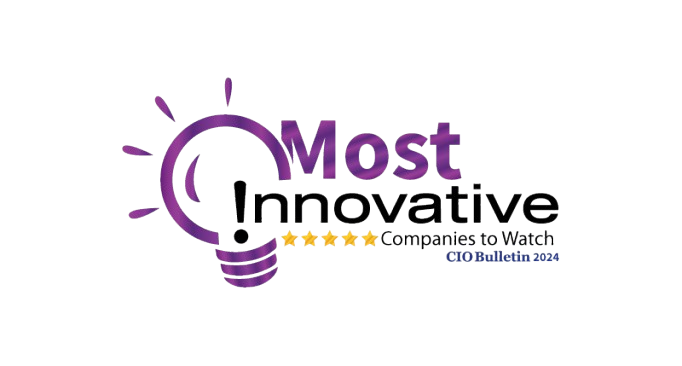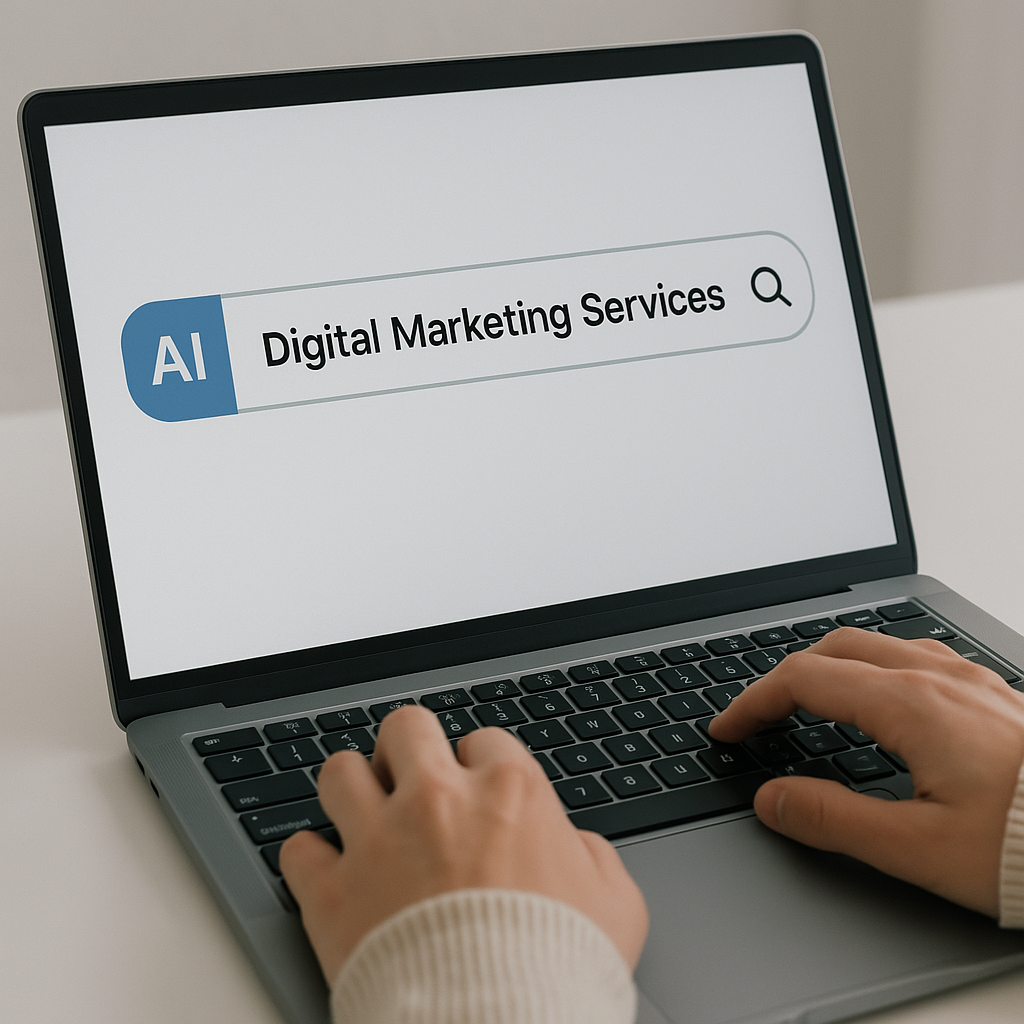What Is Inbound Marketing And What Can It Do For My Organization?
July 13, 2022
We live in the age of information and digitization where people have access to a plethora of digital platforms on a daily basis. With companies operating across all major industries competing against each other for their customers’ attention, conventional marketing tactics are no longer fruitful in giving you the traction you are looking for.
In 2022, it is important for marketers to prioritize the needs for their customers and build their campaigns around the same. If you need to get an edge over your competitors and get the right amount of traction, you need to personalize your services and be there for your customers at every stage of their buying journeys.
This is what you can achieve with a good inbound marketing campaign.
What Is Inbound Marketing?
Inbound marketing is a process that involves the creation of personalized marketing content that provides value to your customers, caters to their needs, and persuades them to engage with your business. It allows marketers to choose the most suitable channels to propagate their messages and reach out to their prospects in the best way possible.
With inbound marketing, you can keep track of your target audience’s touch points as they are converted from prospects to loyal customers. This is a modern and holistic approach to marketing that uses the right tools to create personalized digital experiences for customers.
The primary intention behind inbound marketing is to build healthy relations with your customers by personalizing your marketing communication based on their specific needs and preferences. It involves understanding what exactly your customers are looking for and being with them every step of the way as they make up their minds to make a purchase.
What Makes Inbound Marketing Unique?
In order to understand how unique inbound marketing is, let us compare it with different approaches to marketing.
Inbound Marketing Vs Outbound Marketing
Outbound marketing involves the use of traditional marketing tactics that involve reaching out to people who may or may not be interested in the product/service being marketed. Here, the marketers are not specific in their approach and the messaging is generic in nature. The prospects here may not even be aware of the brand being promoted, thereby reducing the chances of converting.
On the other hand, inbound marketing is more specific in nature where marketers target customers based on their needs and preferences. Here, the marketing content is personalized to cater to every prospect or customer consuming it.
Inbound Marketing Vs Content Marketing
Although a lot of inbound marketing revolves around the creation and sharing of quality content, its scope is wider than that of content marketing. The scope of content marketing is limited to attracting prospects by making them consume unique and engaging content. Content marketing is often a great means to attract leads for inbound marketing.
Inbound Marketing Vs Digital Marketing
Although inbound marketing involves creating a personalized digital experience for prospects and customers, it is slightly different from digital marketing. Just like content marketing is a small part of inbound marketing, inbound marketing is a small part of digital marketing.
Digital marketing is a broader term used for a range of different approaches, one of which is inbound marketing. While all activities carried out under inbound marketing fall under digital marketing, not every digital marketing task involves inbound marketing.
For instance, sending cold emails to a wide range of prospects is a digital marketing activity that does not involve inbound marketing. On the other hand, sending personalized newsletters to email subscribers falls under the purview of both inbound and digital marketing.
Key Elements Of Inbound Marketing
Inbound marketing is an art that works differently for different businesses. While there are no standard elements that guarantee success for every marketer, here are some of the most common and important inbound marketing elements:
Search Engine Optimization
Today, people on the internet use Google for making the smallest and most trivial searches. From finding the meaning of a word to locating a restaurant nearest to them, billions of searches are made on Google on a daily basis. This makes search engine optimization (SEO) an important element of inbound marketing.
SEO allows businesses to get their websites ranked high on the search engine results pages (SERPs). Agencies specializing in inbound marketing help their clients with on-page and off-page SEO to make their websites more discoverable on the internet. Once your website beats your competitors and is ranked high on Google, it is likely to get more visits and generate more leads for your business.
Email Marketing
Email marketing is one of the oldest and most effective elements of inbound marketing. It has allowed brands to reach out to their customers and have them engage with the company for several years. Moreover, email marketing is an element where there is a lot of scope for personalization.
Inbound marketing agencies help you create personalized email marketing campaigns by segmenting your target audience, assessing their needs, and creating engaging emails to cater to their needs. From sending newsletters to persuading your customers to check out your latest products/services, email marketing has often proved to be a successful tool for inbound marketing.
Content Marketing
Quality content is the essence of inbound marketing. Content marketing allows you to generate and share personalized content on suitable digital platforms to reach out to your prospects/customers.
An agency specializing in inbound marketing helps businesses create a robust content marketing strategy and generate original and engaging content across multiple platforms. From writing blogs to creating videos, content marketing has the power to spread your word far and wide.
Social Media Marketing
You cannot ignore social media marketing while using digital platforms for promoting your offerings. In the age of digitization, social media marketing serves as an important element of inbound marketing. It allows you to drive engagement on the most suitable social media platforms and spread awareness about your brand.
Depending on the goals you want to achieve, an inbound marketing agency helps you create a powerful social media marketing campaign through which you can directly interact with your prospects and customers, thereby building strong relations with them.
Influencer Marketing
Although it is a part of social media marketing, influencer marketing can be treated as a separate element due to its scope and importance. Especially if you are targeting millennials and Gen-Z audiences, getting an influencer on board for marketing your business works like a charm.
We live in an age where social media influencers are treated as highly as conventional celebrities (if not more). Integrating them in your inbound marketing campaigns would provide you with a wider reach and help you bank on the credibility of the influencers.
Benefits Of Inbound Marketing For Your Business
If implemented well, inbound marketing can work wonders for your business. Here are some of the major benefits offered by inbound marketing:
Increased Brand Visibility
No matter how good your products/se rvices are and how reliable your brand is, it will not get enough traction if it is not visible on the internet. Inbound marketing helps you put your brand on the map, making it more discoverable by your target audience. When your brand is visible to more people, it would make them aware of the quality of your offerings, thereby giving you more traction.
Staying In Tune With The Latest Trends
Inbound marketing helps you make the most of the latest digital platforms and marketing channels at the disposal of your customers. It helps you stay in tune with the ongoing tech trends by implementing modern CRM platforms that use technologies like AI, ML, and more to streamline your business processes.
Gaining Credibility
The traffic driven to your website, the followers on your social media accounts, the engagement on your blogs, the Google ranking of your website, and other similar elements help your brand gain credibility in the market. Inbound marketing follows a holistic approach to help your brand earn loyal customers by providing them with personalized services. Moreover, gaining credibility on digital platforms opens doors to bigger opportunities and helps you attract more leads.
Generating Quality Leads
Along with attracting a good number of leads, generating quality leads is equally important. It is the quality leads that help you close deals and generate a loyal base of customers. Outbound marketing practices hardly generate quality leads as the messages are more generic in nature, increasing the chances of spillovers.
On the other hand, inbound marketing allows you to target prospects and customers according to their needs, preferences, likes, and objectives. This increases the chances of generating leads across multiple platforms that are more likely to convert into customers.
The Final Word
These were some of the most basic yet highly important aspects to consider about inbound marketing. The holistic approach to marketing is fairly dynamic and keeps changing with the ongoing trends in the market. With a fruitful inbound marketing agency, you can get an edge over your competitors, build healthy relations with your customers, and get handsome returns on your investments.
Featured Resources
Check Our Latest Resources

Proven ROI has been recognized as one of the Most Innovative Companies to Watch 2024 by CIO Bulletin—a testament to the company’s forward-thinking approach to CRM investments and strategic partnerships. By working closely with leading CRM platforms like HubSpot, Proven ROI is revolutionizing how businesses manage customer relationships, scale their operations, and drive growth.



